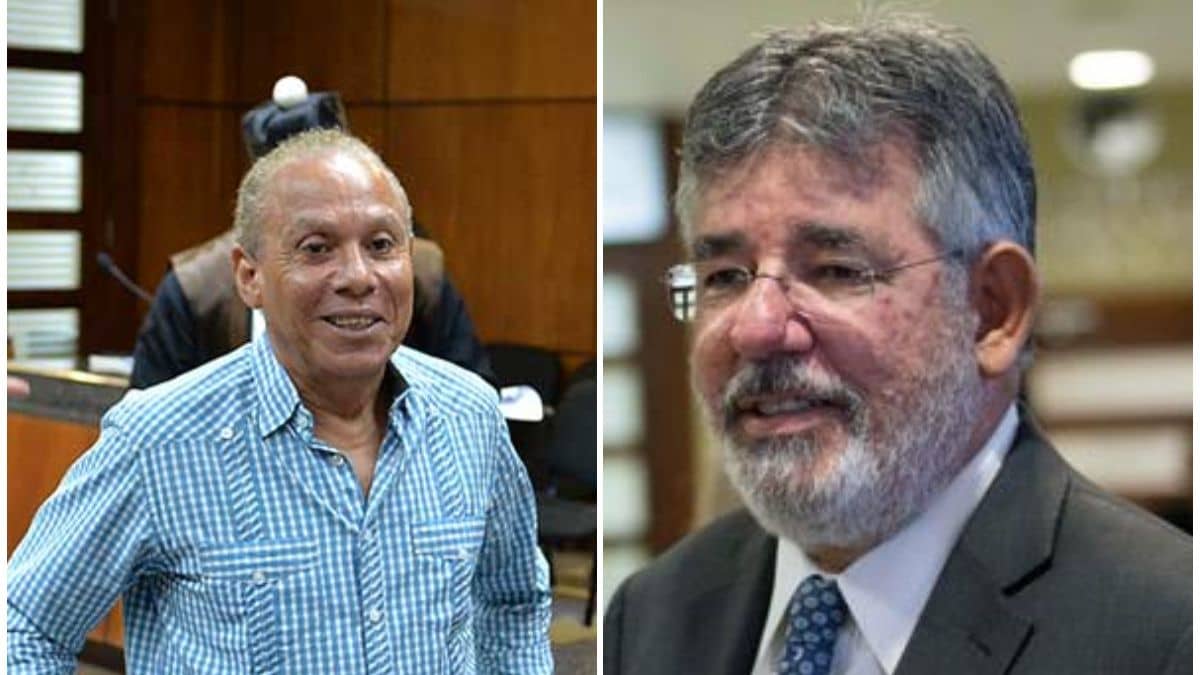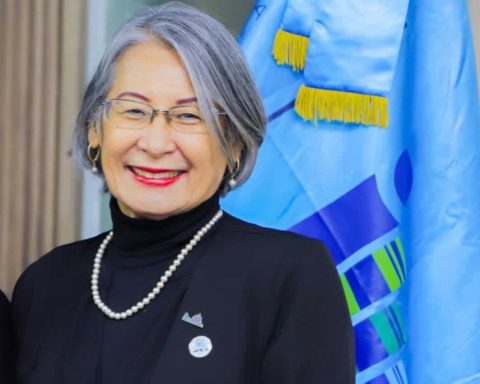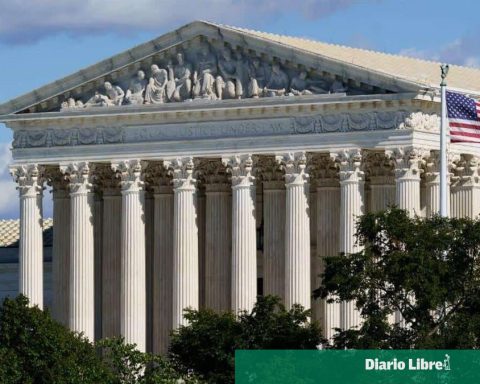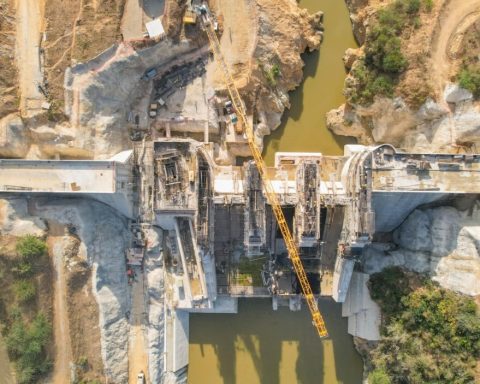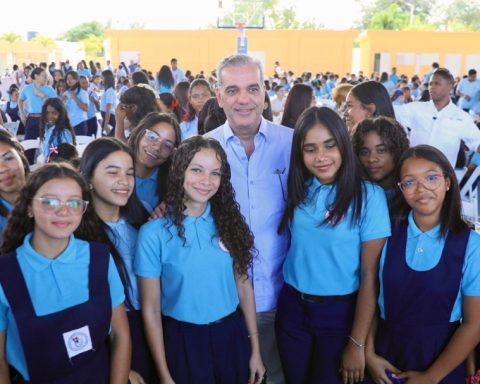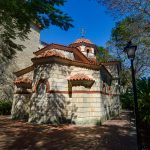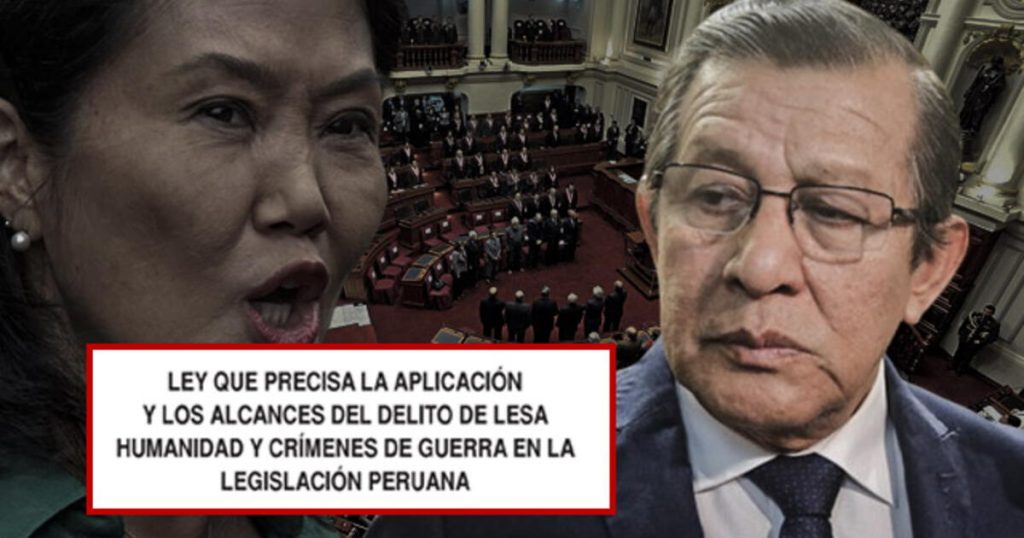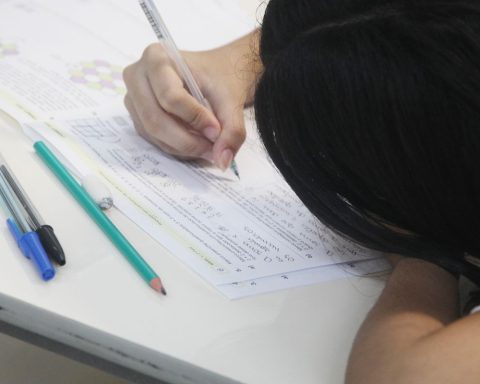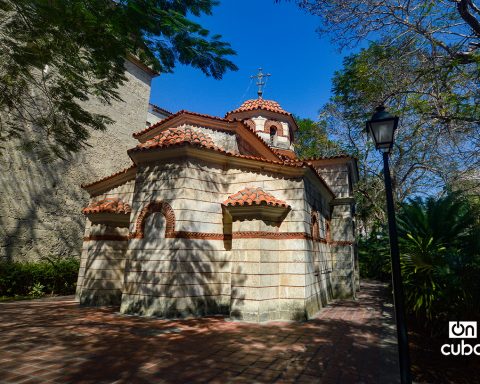Santo Domingo.-The Second Chamber of the Supreme Court of Justice (SCJ) absorbed Víctor Díaz Rúa and Ángel Rondón and confirmed the acquittal of the conviction they had received for bribes given by the Brazilian company Odebrechtbecause the accusation has not been proven, as required by article 337, paragraph 1 of the Criminal Procedure Code.
Furthermore, in the judgment with the number SCJ-SS 24-0969, the discharge of criminal liability pronounced in favor of Conrado Enrique Pittaluga, issued by the Criminal Chamber of the Court of Appeal of the National District on May 19, 2023, was confirmed. The ruling was issued on July 31 of this year.
Rondón Rijo and Díaz Rúa were sentenced in 2021 by the First Collegiate Court of the Criminal Chamber of the Court of First Instance of the National District to five and eight years in prison, to pay fines and to the confiscation of part of their assets, for the crimes of international bribery and money laundering.
You may also like:
In its ruling, the SCJ upheld the respective appeals for cassation filed by Díaz Rúa and Rondón against the aforementioned judgment; it overturned the appealed judgment without referral and directly issued the judgment in the case, based on the findings of fact already established by the appealed decision and the documentary evidence incorporated.
The SCJ rejected the appeal filed by Wilson Camacho, deputy attorney general of the Attorney General’s Office (PGR); Mirna Ortiz Fernández, attorney general of the Court of Appeals; José Miguel Marmolejos and Wagner Cubilete García, public prosecutors; against judgment no. 502-01-2023-SSEN-00048, issued by the Third Chamber of the Criminal Court of the Court of Appeal of the National District on May 19, 2023.
“Consequently, Víctor José Díaz Rúa and Ángel Rondón Rijo are acquitted of the alleged facts, as the accusation has not been proven, as required by article 337, paragraph 1 of the Criminal Procedure Code,” the ruling states.
Likewise, I order the cessation of all coercive measures against the defendants in this process.
The Court also ordered the return of all assets seized from Díaz Rúa and Rondón Rijo; in addition, “it is ordered that all opposition, restriction measures, orders to freeze funds, the radiation and cancellation of any registration or opposition and precautionary measures be lifted, ordering the restitution of all assets affected in this process, with respect to the defendants Víctor José Díaz Rúa and Ángel Rondón Rijo.”
The assets include: a) the companies Lashan Corp., national taxpayer registry no. 1-30-10174-4 and Constructores y Contratistas Conamsa, SRL, with national taxpayer registry no. 1-01-62007-2, along with all movable and immovable property and financial products that they register with national and foreign financial and securities intermediation entities; b) the property identified as 50130671686, registration no. 2100029180, with an area of 4,246.97 square meters, located in the Casa de Campo complex, La Romana; c) Functional Unit no. 13 identified as 00400106114:13,
Also, Torre Caney condominium, title no. 0100018623, Anacaona Avenue, Bella Vista sector, National District; d) the Pershing brand recreational yacht, blue, year 2011, 60 feet in length, registration number 746600, registration no. DL 1930AF, baptized as “Balbie”.
(e) the company Albox, SRL, national taxpayer registry no. 1-01-84658-5; (f) the company Radio-Difusora Sky Land, SA, national taxpayer registry no. 1-30-34570-8; (g) the company Inversiones Monttoba SRL, national taxpayer registry no. 1-30-42312-1; (h) the dollar savings account at Banco de Reservas no. 200-02-240-007129-3; (i) the dollar savings account at Banco de Reservas no. 200-02-168- 000466-3; (j) the current account at Banco de Reservas no. 100-01-240-022007-1; (k) the current account at Banco de Reservas no. 100-01-240-013779-4 and l) the current account of the Banco de Reservas No. 100-01- 168-000460-0.
History
The case arose from accusations by the Special Prosecutor’s Office for the Prosecution of Administrative Corruption (PEPCA), which charged several officials and individuals with receiving bribes from the Brazilian company Odebrecht, which admitted to having paid $92 million in bribes in the Dominican Republic. According to the indictment, these bribes were made to secure public works contracts and the approval of financing and loans by congressmen.
In October 2021, the First Collegiate Court of the Criminal Chamber of the Court of First Instance of the National District issued a ruling in which it acquitted several of the accused, including Pittaluga Arzeno, Porfirio Andrés Bautista García, Tommy Alberto Galán Grullón and Juan Roberto Rodríguez Hernández, due to the lack of sufficient evidence to prove their participation in the crimes charged. However, Rondón Rijo and Díaz Rúa were sentenced to prison terms, the payment of fines and the confiscation of part of their assets, for the crimes of international bribery and money laundering.
This decision was appealed, and subsequently, the Supreme Court was required to review the case through appeals filed by both the Public Prosecutor’s Office and the convicted parties.
Legal motivations
Lack of Concrete Evidence: In their arguments, Judges Francisco Antonio Jerez Mena, President of the Second Chamber, together with Magistrates Frank Euclides Soto Sánchez, Nancy Idelsa Salcedo Fernández, and Maria Garabito Ramírez concluded that there was no clear and conclusive evidence to demonstrate that the accused had committed the crimes of which they were accused.
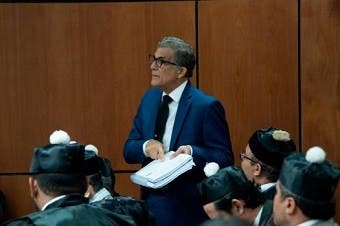
The court noted that the specific officials who allegedly received bribes, which is crucial to proving bribery, had not been identified. Without a precise identification of the bribe recipients, the prosecution lacked a key element to support convictions.
In the Pittaluga Arzeno case, the Second Chamber of the Supreme Court determined that the money transfers he received were for legitimate consulting services and not to facilitate bribes. The lack of direct evidence linking these payments to acts of corruption significantly weakened the case against him, resulting in his acquittal.
Absence of Prior Crime
In the Díaz Rúa case, the Court stressed that in order to convict a person of money laundering, it is necessary to prove that the funds in question came from a prior crime. However, the Court found that there was insufficient evidence that Díaz Rúa had committed a prior crime to justify the charge of money laundering.

Furthermore, the trial court had declared the crime of illicit enrichment to be statute-barred, meaning that it could not be legally prosecuted due to the time elapsed. Without a valid preceding crime, the money laundering charge could not be sustained, leading to his acquittal.
Interpretation of the Law
The Second Chamber of the Supreme Court of Justice also noted that, in Dominican legislation, the crime of illicit enrichment is not clearly defined as an autonomous crime. This means that there is no precise legal definition of what constitutes “unjustified patrimonial enrichment,” which made it difficult to apply this charge in the particular case.
The Supreme Court stressed that lower courts’ misinterpretation of evidence contributed to previous court decisions, requiring their review and correction.
Conclusions
The Court concludes that the ruling of the Second Chamber of the SCJ in the Odebrecht case has important implications for the Dominican legal system and for the fight against corruption in the country. This case highlights the importance of due process and the need for criminal charges to be based on solid and verifiable evidence, in accordance with the current legal framework.
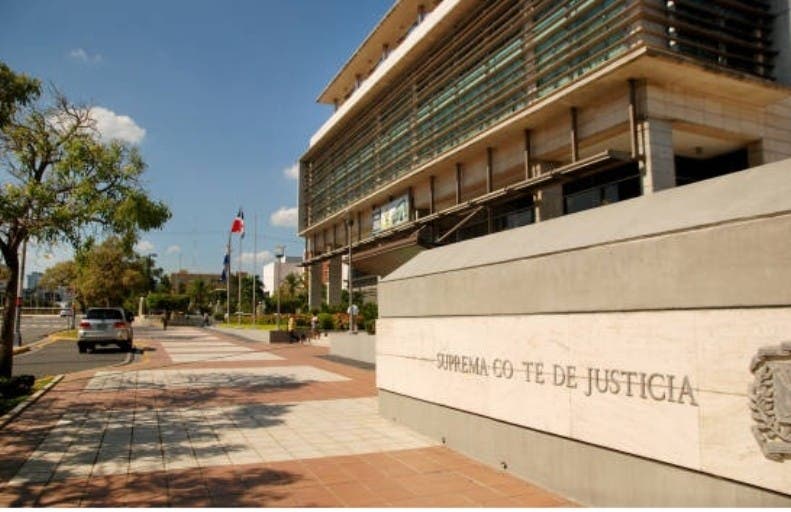
He said that although the verdict resulted in the acquittal of the accused, it underlines the importance of conducting thorough and well-founded investigations to ensure that those responsible for acts of corruption are effectively punished. “The lack of sufficient evidence in this case highlights the need to strengthen the investigative and evidentiary capacities of the institutions responsible for combating corruption,” he said.
“The judgment reaffirms that a person cannot be convicted without concrete evidence proving his guilt beyond a reasonable doubt, a fundamental principle for ensuring justice and protecting the rights of the accused,” the Court said in its conclusions.
He explains that this case also highlights the limitations of the Dominican legal framework regarding crimes such as illicit enrichment. The lack of a clear and precise definition of this crime made its application difficult in the Odebrecht case, suggesting the need to review and strengthen legislation in this area to improve the authorities’ capacity to pursue and punish these crimes.
“The decision of the Second Chamber of the Supreme Court of Justice in the Odebrecht case was the result of careful consideration of the lack of evidence, the need for a preceding crime to justify money laundering and the correct interpretation of the law regarding the technical-legal elements of the case,” he said.
The ruling reinforces fundamental principles of Dominican criminal law and underlines the importance of legal, procedural and technical reform to improve the fight against corruption in the country.
Full document of the ruling of the Second Chamber of the SCJ
